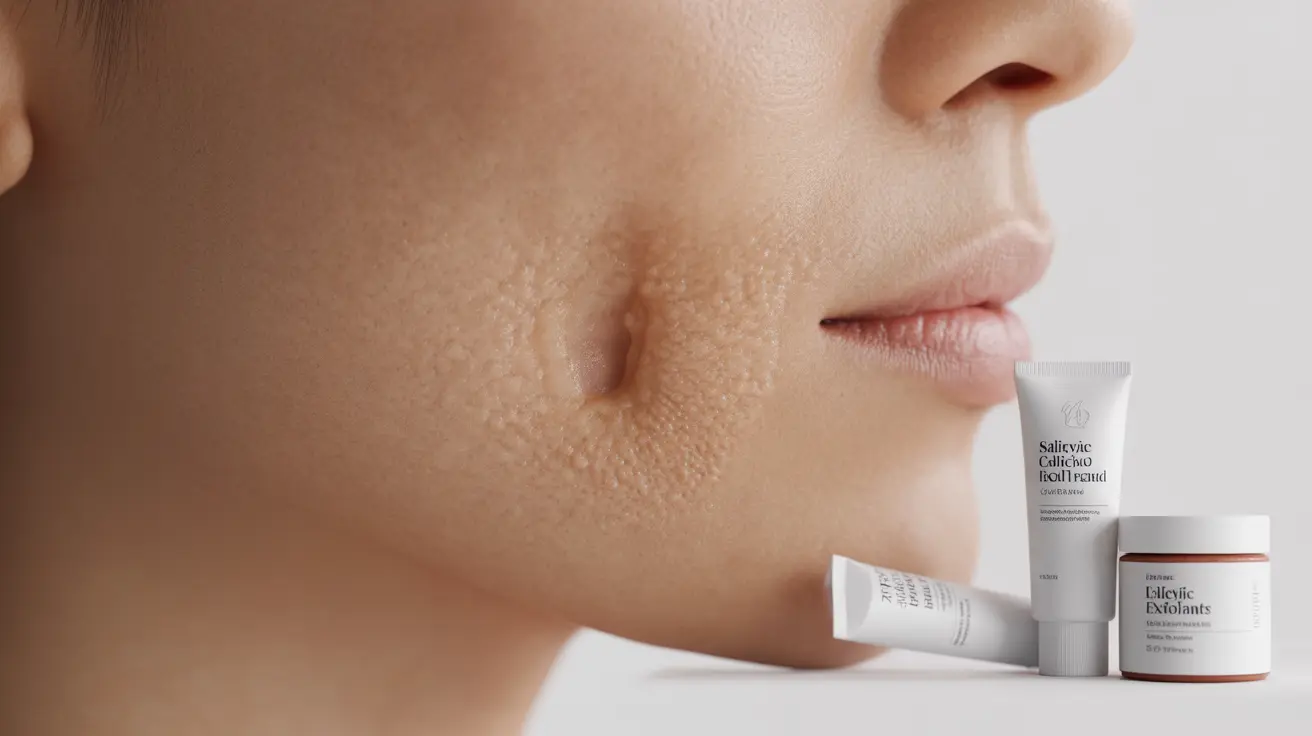Dealing with stubborn blackheads can be frustrating, but with the right prevention strategies, you can maintain clearer, healthier-looking skin. Understanding how to prevent blackheads involves more than just basic cleansing—it requires a comprehensive approach to skincare, lifestyle choices, and proper product selection.
In this detailed guide, we'll explore evidence-based methods for preventing blackheads, from establishing an effective skincare routine to avoiding common mistakes that might be making the problem worse.
Building an Effective Blackhead Prevention Routine
A consistent skincare routine is your first line of defense against blackhead formation. The key is to focus on keeping pores clear while maintaining your skin's natural balance.
Daily Cleansing Essentials
Start with a gentle, non-irritating cleanser suited to your skin type. Wash your face twice daily—morning and night—using lukewarm water. Avoid harsh scrubbing, which can stimulate excess oil production and potentially worsen blackheads.
Proper Exfoliation Techniques
Regular exfoliation helps remove dead skin cells that can clog pores, but moderation is crucial. Choose between chemical exfoliants (like salicylic acid or glycolic acid) or gentle physical exfoliants, and limit use to 2-3 times per week.
Choosing the Right Products
Product selection plays a vital role in preventing blackheads. Look for specific ingredients and formulations that support clear pores.
Key Ingredients to Look For
- Salicylic acid (BHA)
- Benzoyl peroxide
- Niacinamide
- Retinoids
- Clay-based products
Understanding Product Labels
Pay attention to terms like "noncomedogenic" and "oil-free" on product labels. These formulations are specifically designed to avoid clogging pores, though individual results may vary.
Lifestyle Factors and Blackhead Prevention
Prevention goes beyond skincare products. Several lifestyle factors can impact blackhead formation and should be considered in your prevention strategy.
Diet and Hydration
While the relationship between diet and acne is complex, maintaining a balanced diet and proper hydration can support overall skin health. Some individuals may notice improvements by reducing dairy or high-glycemic foods.
Environmental Factors
Protect your skin from excess oil and debris by:
- Keeping hair clean and away from your face
- Regularly cleaning phone screens and pillowcases
- Avoiding touching your face throughout the day
- Using non-pore-clogging sunscreen daily
Frequently Asked Questions
What is the best daily skincare routine for preventing blackheads?
An effective daily routine includes gentle cleansing twice daily, using noncomedogenic moisturizer, and applying sunscreen in the morning. Incorporate chemical exfoliants 2-3 times weekly and use products containing salicylic acid or benzoyl peroxide as spot treatments.
Can certain foods or dietary choices cause blackheads or make them worse?
While research is ongoing, some studies suggest that high-glycemic foods and dairy products may influence acne formation in certain individuals. Maintaining a balanced diet rich in vegetables, fruits, and lean proteins, while staying well-hydrated, may help support clearer skin.
How often should I exfoliate my skin to help prevent blackheads, and which ingredients are most effective?
Exfoliate 2-3 times weekly using either chemical exfoliants (like salicylic acid or glycolic acid) or gentle physical exfoliants. Salicylic acid is particularly effective as it can penetrate pores and dissolve excess oil and dead skin cells.
Do oil-free and noncomedogenic skincare products really help prevent blackheads?
Yes, these products are formulated specifically to avoid clogging pores. While individual results may vary, choosing oil-free and noncomedogenic products can significantly reduce the risk of blackhead formation, especially for those with acne-prone skin.
What are some common mistakes people make when trying to prevent blackheads, and what should I avoid doing?
Common mistakes include over-washing, using harsh scrubs, picking at skin, applying pore-clogging products, and neglecting to remove makeup before bed. Avoid aggressive physical exfoliation, using too many active ingredients at once, and touching your face frequently throughout the day.




